
Finalists are announced for the 2021 Women in Industry Awards
Gina Rinehart, Executive Chairman, Hancock Prospecting finalist for 2021 Industry Advocacy Award.

Gina Rinehart, Executive Chairman, Hancock Prospecting finalist for 2021 Industry Advocacy Award.
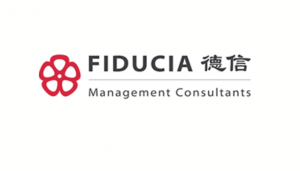
This is another example of how Special Economic Zones in China are being ( and have been since 1978!) presented as locations for FDI. Australia is becoming less and less competitive. These policies can be simply introduced in Northern Australia and across Australia.

“There is plenty of room to improve regulation to make it more transparent, predictable, seamless and efficient, and ensure the community has high confidence in it. “These extra resources – which include a dedicated red-tape reduction team – represent the single biggest investment in approvals in the State’s history.” The Chamber of Minerals and Energy of Western Australia chief executive Paul Everingham emphasised the need for such investment.
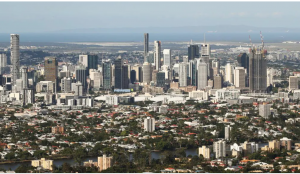
In a rare interview, Ms Rinehart, who sponsors four of Australia’s Olympic sports, insisted that for Brisbane to fulfil its potential as the 2032 Games host, investors must be given a way to saw through the governmental red tape she believes has stalled many crucial business opportunities in Queensland. “I really enjoy being involved but the parents are the real heroes because they have been there since the journey began,’’ she said. Ms Rinehart has promised to continue her support beyond this Olympics.
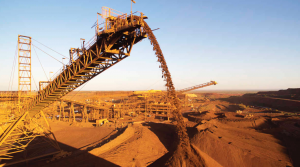
Over the past financial year, WA mining and oil and gas companies contributed $83 billion directly to Australia’s economy, roughly one sixth of the entire federal government’s revenue over the period. This is more than the federal government’s budget for Medicare ($29.7 billion) and defence ($44.6 billion) combined. There are more than $140 billion worth of projects in the mining and oil and gas sector across WA, many of which are greenfield developments. The CMEWA said similar contributions from the resources sector would continue over the next decade.
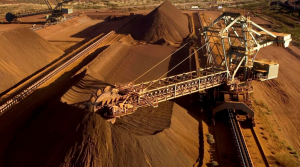
WA mining and resources companies injected almost $122 billion into Australia’s economy in the 2019-20 financial year through direct and flow-on spending, helping create 309,000 full-time jobs during COVID-19. The figures, from WA’s peak resources industry body, revealed the extent to which the local sector powered economies and communities around the nation as they reeled from the impacts of the pandemic. “That’s why it’s so important that both industry and government continue to tackle key challenges like current and future skills shortages, in order to fully capitalise on the significant opportunities we have in front of us.”
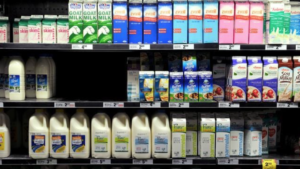
Rather, what one should be looking for are explanatory factors which are themselves economy-wide. In reality, one doesn’t need to look far, for the past decade has seen a tsunami of regulation – from climate change to directors’ liability – that has increased the risk involved in investing and pushed up required profit margins and rates of return. And by the way, those regulations also make it harder for new firms to enter and expand, giving some substance to Treasury’s story.
We are, in other words, in the midst of a battle between an innovation process that is yielding enormous consumer benefits and a regulatory explosion that threatens those benefits. Once upon a time, Treasury would have been more alert to that clash and its dangers than anyone. Its analysis might have been technically less sophisticated than this paper is, but it would have focused on the real problems – and provided better guidance to policymakers.
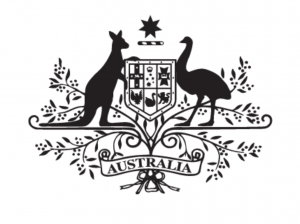
Minister for Resources, Water and Northern Australia Keith Pitt said as the world recovers from the global COVID-19 pandemic, record iron ore prices have driven a surge in export earnings, while metallurgical coal exports are also benefiting from a surge in world steel production. “These incredible results underline the importance of Australia’s resources sector to the national economy and international markets throughout the COVID-19 downturn.”

“(Australian governments) are into the rule book to try and find out how they can stop you doing what you want to do, or try and delay you, whereas in America, representatives of the governor will come and see you and ask you how they can help,” he explained.
“We need to be prepared to relax the regulations so companies can function. It’s just too onerous at the moment, and very difficult for companies to invest in Australia,” he added.
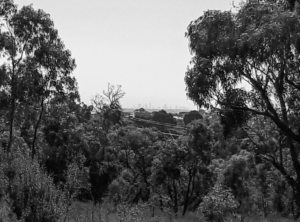
The Minerals Council of Australia estimates that the EPBC process can cost companies developing greenfield resource projects up to $47 million every month. Professor Samuel recommended the job-destroying duplication should be addressed by improving, strengthening, and streamlining the capacity of the Federal Government to delegate approval functions to State governments.
It’s time to get on with reforms to better protect natural assets and deliver a needed boost for our economy.